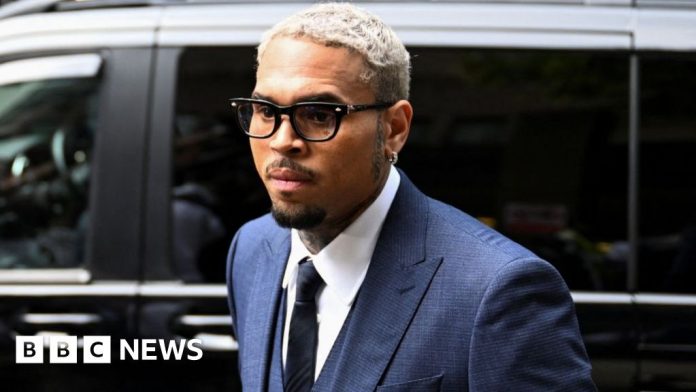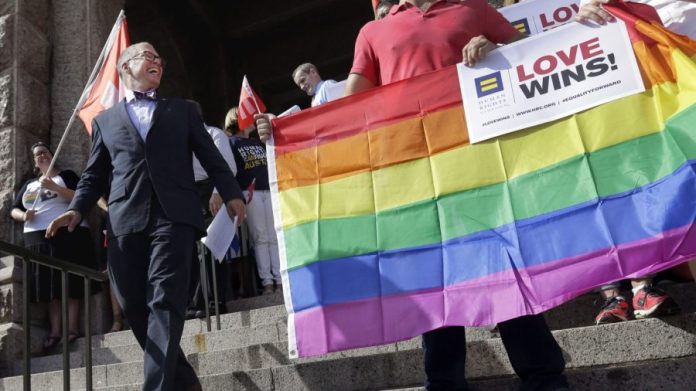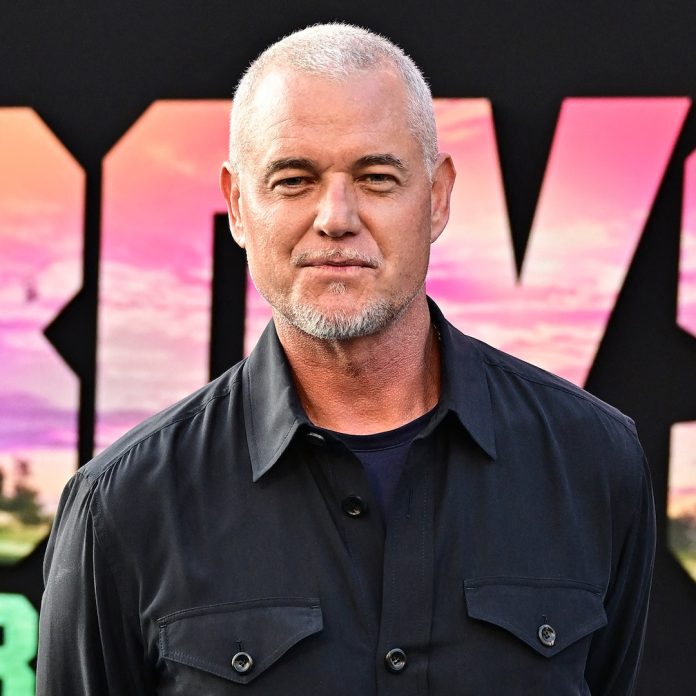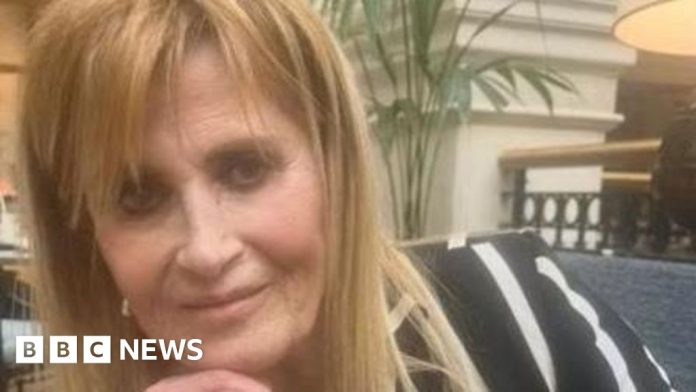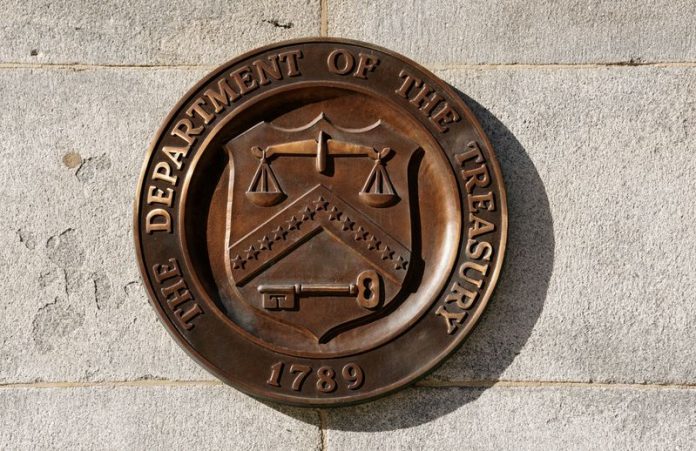It’s already been a tumultuous year for the U.S. semiconductor industry.
The semiconductor industry plays a sizable role in the “AI race” that the U.S. seems determined to win, which is why this context is worth paying attention to: from Intel’s appointment of Lip-Bu Tan to CEO — who wasted no time getting to work trying to revitalize the legacy company — to Joe Biden proposing sweeping new AI chip export rules on his way out of office that never came to fruition.
Here’s a look at what’s happened in the first half of 2025.
June
Intel appoints new leadership
June 18 – Intel announced four new leadership appointments that Intel says will help it move toward its goal of becoming an engineering-first company again. Intel announced a new chief revenue officer in addition to multiple high-profile engineering hires.
Intel to begin layoffs
June 17 – Intel will begin to lay off a significant chunk of its Intel Foundry staff in July. The company plans to eliminate at least 15%, and up to 20%, of workers in that business unit. These layoffs aren’t a shock: It was rumored back in April, and Intel’s CEO Lip-Bu Tan has said he wants to flatten the organization.
Nvidia won’t report on China
June 13 – Nvidia isn’t counting on the U.S. backing off of its AI chip export restrictions anytime soon. After the company took a financial hit from the newly imposed licensing requirements on its H20 AI chips, Nvidia CEO Jensen Huang said the company will no longer include the Chinese market in future revenue and profit forecasts.
AMD acquires the team behind Untether AI
June 6 – AMD makes another acquisition — this time focused on talent. The company acqui-hired the team behind Untether AI, which develops AI inference chips, as the semiconductor giant continues to round out its AI offerings.
AMD is coming for Nvidia’s AI hardware dominance
June 4 – AMD continued its shopping spree. The company acquired AI software optimization startup Brium, which helps companies retrofit AI software to work with different AI hardware. With a lot of AI software being designed with Nvidia hardware in mind, this acquisition isn’t surprising.
May
Nvidia lays out the impact of chip export restrictions
May 28 – Nvidia reported that U.S. licensing requirements on its H20 AI chips cost the company $4.5 billion in charges during Q1. The company expects these requirements to result in an $8 billion hit to Nvidia’s revenue in Q2.
AMD acquires Enosemi
May 28 – AMD kicks off its acquisition spree. The semiconductor company announced that it acquired Enosemi, a silicon photonics startup. Enosemi’s tech, which uses light photons to transmit data, is becoming an increasing area of interest for semiconductor companies.
Tensions start to flare between China and the U.S.
May 21 – China’s Commerce Secretary didn’t like the U.S.’s guidance, issued on May 13, that warned U.S. companies that using Huawei’s AI chips “anywhere in the world” was a U.S. chip export violation. The commerce secretary issued a statement that threatened legal action against anyone caught enforcing that export restriction.
Intel may be starting to offload its non-core units
May 20 – Intel CEO Lip-Bu Tan seemingly got right to work on his plan to spin out Intel’s non-core business units. The semiconductor giant is reportedly looking to offload its networking and edge units, which makes chips for telecom equipment, and was responsible for $5.4 billion of the company’s 2024 revenue.
The Biden administration’s AI Diffusion rule is officially dead
May 13 – Just days before the Biden administration’s Artificial Intelligence Diffusion Rule was set to go into place, the U.S. Department of Commerce formally rescinded it. The DOC said that it plans to issue new guidance in the future, and in the meantime companies should remember that using Huawei’s Ascend AI chips anywhere in the world is a violation of U.S. export rules.
A last-minute reversal
May 7: Just a week before the “Framework for Artificial Intelligence Diffusion” was set to go into place, the Trump administration plans on taking a different path. According to multiple media outlets, including Axios and Bloomberg, the administration won’t enforce the restrictions when they were supposed to start on May 15 and is instead working on its own framework.
April
Anthropic doubles down on its support of chip export restrictions
April 30: Anthropic doubled down on its support for restricting U.S.-made chip exports, including some tweaks to the Framework for Artificial Intelligence Diffusion, like imposing further restrictions on Tier 2 countries and dedicating resources to enforcement. An Nvidia spokesperson shot back, saying, “American firms should focus on innovation and rise to the challenge, rather than tell tall tales that large, heavy, and sensitive electronics are somehow smuggled in ‘baby bumps’ or ‘alongside live lobsters.’”
Planned layoffs at Intel
April 22: Ahead of its Q1 earnings call, Intel said it was planning to lay off more than 21,000 employees. The layoffs were meant to streamline management, something CEO Lip-Bu Tan has long said Intel needed to do, and help rebuild the company’s engineering focus.
The Trump administration further restricts chip exports
April 15: Nvidia’s H20 AI chip got hit with an export licensing requirement, the company disclosed in an SEC filing. The company added it expects $5.5 billion in charges related to this new requirement in the first quarter of its 2026 fiscal year. The H20 is the most advanced AI chip Nvidia can still export to China in some form or fashion. TSMC and Intel reported similar expenses the same week.
Nvidia appears to talk its way out of further chip exports
April 9: Nvidia’s CEO Jensen Huang was spotted attending dinner at Donald Trump’s Mar-a-Lago resort, according to reports. At the time, NPR reported Huang may have been able to spare Nvidia’s H20 AI chips from export restrictions upon agreeing to invest in AI data centers in the U.S.
An alleged agreement between Intel and TSMC
April 3: Intel and TSMC allegedly reached a tentative agreement to launch a joint chipmaking venture. This joint venture would operate Intel’s chipmaking facilities, and TSMC would have a 20% stake in the new venture. Both companies declined to comment or confirm. If this deal doesn’t come to fruition, this is likely a decent preview of potential deals in this industry to come.
Intel spins off noncore assets, announces new initiative
April 1: CEO Lip-Bu Tan got to work right away. Just weeks after he joined Intel, the company announced that it was going to spin off noncore assets so it could focus. He also said the company would launch new products, including custom semiconductors for customers.
March
Intel names a new CEO
March 12: Intel announced that industry veteran, and former board member, Lip-Bu Tan would return to the company as CEO on March 18. At the time of his appointment, Tan said Intel would be an “engineering-focused company” under his leadership.
February
Intel’s Ohio chip plant gets delayed again
February 28: Intel was supposed to start operating its first chip fabrication plant in Ohio this year. Instead, the company slowed down construction on the plant for the second time in February. Now the $28 billion semiconductor project won’t wrap up construction until 2030 and may not even open until 2031.
Senators call for more chip export restrictions
February 3: U.S. senators, including Elizabeth Warren (D-Mass) and Josh Hawley (R-Mo), wrote a letter to Commerce Secretary Nominee-Designate Howard Lutnick urging the Trump administration to further restrict AI chip exports. The letter specifically referred to Nvidia’s H20 AI chips, which were used in the training of DeepSeek’s R1 “reasoning” model.
January
DeepSeek releases its open “reasoning” model
January 27: Chinese AI startup DeepSeek caused quite the stir in Silicon Valley when it released the open version of its R1 “reasoning” model. While this isn’t semiconductor news specifically, the sheer alarm in the AI and semiconductor industries DeepSeek’s release caused continues to have ripple effects on the chip industry.
Joe Biden’s executive order on chip exports
January 13: With just a week left in office, former president Joe Biden proposed sweeping new export restrictions on U.S.-made AI chips. This order created a three-tier structure that determined how many U.S. chips can be exported to each country. Under this proposal, Tier 1 countries faced no restrictions; Tier 2 countries had a chip purchase limit for the first time; and Tier 3 countries got additional restrictions.
Anthropic’s Dario Amodei weighs in on chip export restrictions
January 6: Anthropic co-founder and CEO Dario Amodei co-wrote an op-ed in The Wall Street Journal endorsing existing AI chip export controls and pointing to them as a reason why China’s AI market was behind the U.S.’. He also called on incoming president Donald Trump to impose further restrictions and to close loopholes that have allowed AI companies in China to still get their hands on these chips.


